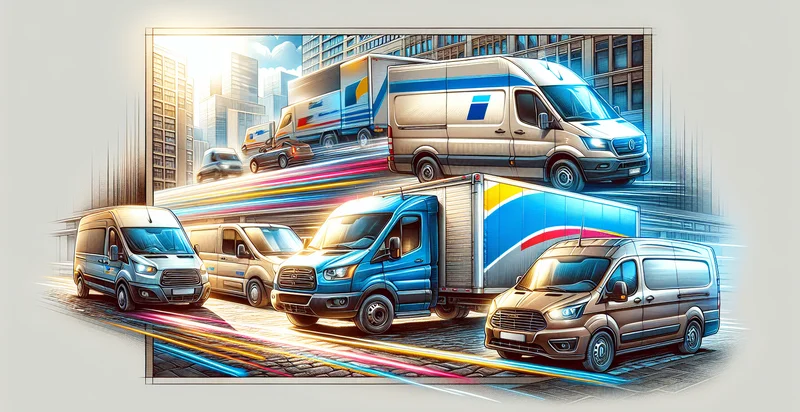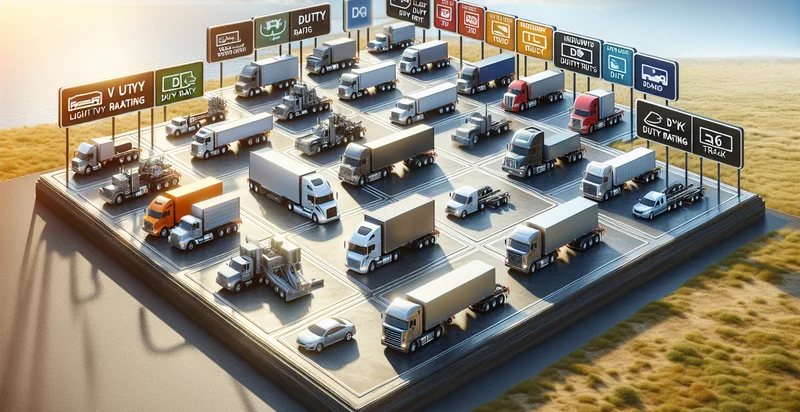Identify vehicle hauling type
using AI
Below is a free classifier to identify vehicle hauling type. Just upload your image, and our AI will predict what type of vehicle is being hauled - in just seconds.

Contact us for API access
Or, use Nyckel to build highly-accurate custom classifiers in just minutes. No PhD required.
Get started
import nyckel
credentials = nyckel.Credentials("YOUR_CLIENT_ID", "YOUR_CLIENT_SECRET")
nyckel.invoke("vehicle-hauling-type", "your_image_url", credentials)
fetch('https://www.nyckel.com/v1/functions/vehicle-hauling-type/invoke', {
method: 'POST',
headers: {
'Authorization': 'Bearer ' + 'YOUR_BEARER_TOKEN',
'Content-Type': 'application/json',
},
body: JSON.stringify(
{"data": "your_image_url"}
)
})
.then(response => response.json())
.then(data => console.log(data));
curl -X POST \
-H "Content-Type: application/json" \
-H "Authorization: Bearer YOUR_BEARER_TOKEN" \
-d '{"data": "your_image_url"}' \
https://www.nyckel.com/v1/functions/vehicle-hauling-type/invoke
How this classifier works
To start, upload your image. Our AI tool will then predict what type of vehicle is being hauled.
This pretrained image model uses a Nyckel-created dataset and has 17 labels, including Ambulance, Bus, Cargo, Commercial, Delivery Van, Flatbed, Forklift, Heavy Duty, Light Duty and Mixed.
We'll also show a confidence score (the higher the number, the more confident the AI model is around what type of vehicle is being hauled).
Whether you're just curious or building vehicle hauling type detection into your application, we hope our classifier proves helpful.
Related Classifiers
Need to identify vehicle hauling type at scale?
Get API or Zapier access to this classifier for free. It's perfect for:
- Fleet Management Optimization: The 'vehicle hauling type' identifier can help fleet managers categorize and optimize their fleet based on the specific hauling types required for projects. This allows for more efficient allocation of resources and reduced operational costs by ensuring the right vehicles are used for appropriate tasks.
- Insurance Risk Assessment: Insurance companies can use the function to evaluate the type of vehicles in a client's fleet and assess risk more accurately. By classifying vehicles based on their hauling capabilities, insurers can tailor policies and premiums based on the associated risk levels.
- Regulatory Compliance: Companies engaged in transportation can implement this function to ensure compliance with regulatory standards for vehicle types based on their hauling capabilities. This aids in maintaining proper documentation and avoiding fines related to misclassifications or violations.
- Maintenance Scheduling: The identification of vehicle hauling types can streamline maintenance schedules by grouping vehicles that require similar servicing based on their usage. This enhances vehicle availability and performance by ensuring they receive timely and appropriate maintenance.
- Route Planning and Cost Efficiency: By understanding the types of vehicles in use, logistics companies can optimize route planning for efficiency. This reduces fuel consumption and costs, as the vehicles suited for heavy loads can be assigned to appropriate routes based on their hauling specifications.
- Resale Value Assessment: Car dealerships and resellers can utilize the hauling type identifier to accurately assess the resale value of vehicles based on their capabilities. This ensures fair pricing and increases transparency in vehicle sales by providing potential buyers with relevant specifications.
- Market Research and Trend Analysis: Automotive manufacturers can leverage this function to gather data on vehicle preferences based on hauling types in different regions. This insight can inform product development and marketing strategies by highlighting which vehicle types are trending in specific markets.


